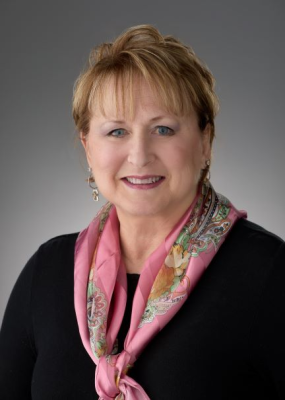School counselors help students in many ways, including academic performance, analyze data to identify factors that negatively affect academic performance, and help students develop skills to support learning. They assist students with social and emotional development and help students understand and overcome social or behavioral challenges and support their social/emotional needs.
Counselors guide students in preparing for college and careers, including providing aptitude assessments and individual planning. School counselors provide individual care for students with mental health or other personal concerns, and refer them to resources for additional support, and collaborate with teachers, families, and the community to plan, implement, and evaluate the comprehensive school counseling program. They also teach students and school staff about specific topics such as bullying and drug use, report cases of possible neglect or abuse.
For individuals who are not certified teachers and lack prior teaching experience but are interested in pursuing a career as a school counselor, the following information is pertinent. In 2023, the Texas Legislature enacted Senate Bill (SB) 798, which removed the requirement for school counselors in Texas to have classroom teaching experience. This legislative change became effective on September 1, 2023. Consequently, the State Board for Educator Certification (SBEC) was directed to implement and adopt corresponding regulatory changes by January 1, 2024, in order to align with the revised statutory requirements.
If you are ready to take the next step in your career, Sul Ross State University can help get you there as a Texas Education Agency State Board for Educator Certification certified School Counselor with a Master’s of Education degree.
For more information contact:


